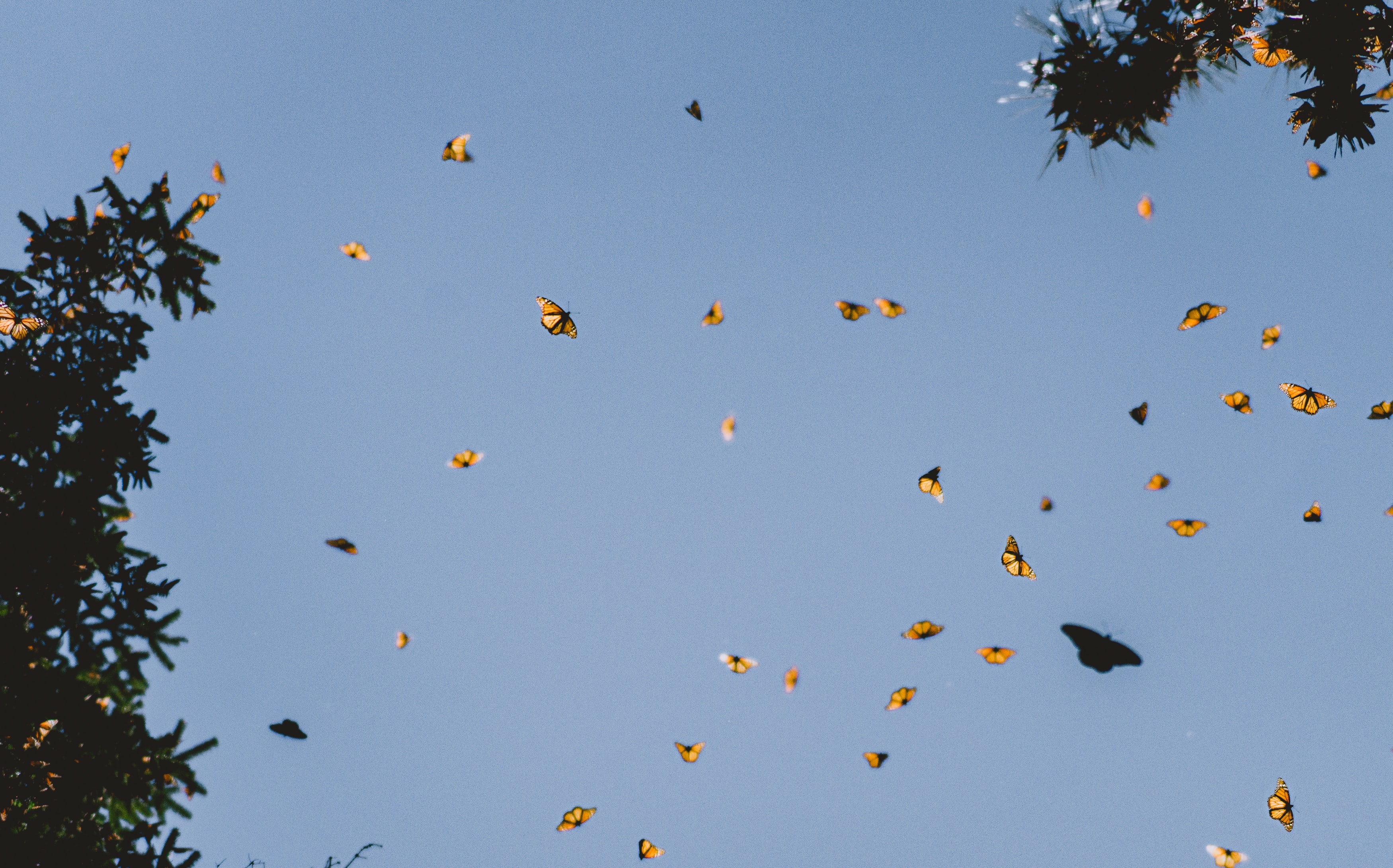We are seeking a candidate with a strong quantitative background for a project entitled ‘Spatio-temporal models for large sets of citizen science data to inform conservation policy for UK Lepidoptera’. The application deadline is 12 January 2022.
The scholarship will cover tuition fees plus a maintenance stipend of £15,609 per year (rate for 2021-22) for a period of 3.5 years. The scholarship is available to home, overseas and EU nationals.
This project has been shortlisted for funding by the ARIES NERC DTP.
At a time of biodiversity loss, including widely reported insect declines, citizen science data play a vital role in measuring changes in species’ populations and distributions and in seeking to understand the pressures influencing such changes.
Lepidoptera respond quickly to habitat and climatic change, and hence are valuable biodiversity indicators. In the UK, millions of species occurrence records for Lepidoptera have been gathered by two large citizen science recording schemes, of which the full potential has not been fully realized.
Analysing recording data of this nature presents unique challenges relating to their vast quantity but also associated sampling biases. Using cutting edge modelling, this project will maximise these valuable datasets to enhance our understanding of species’ phenology (flight periods), distribution and range dynamics to help inform future conservation delivery and policy for UK butterflies and moths.
The student will undertake new statistical model developments applied to citizen science data. The research will involve:
- Critically assessing sampling design to determine how much data are needed to reliably estimate species’ occurrence trends – can occupancy models be used for rare species with small ranges?
- Modelling species’ phenology from citizen science data to provide new insights on variation over space and time.
- Applying state-of-the-art variable selection techniques to better describe drivers of species’ range and distribution change through suitable spatial and environmental covariates.
Further information is available on the Scholarships website, here:
https://www.kent.ac.uk/scholarships/search/FN17ARIESN01
Any enquiries relating to the project should be directed to Dr Eleni Matechou at e.matechou@kent.ac.uk

